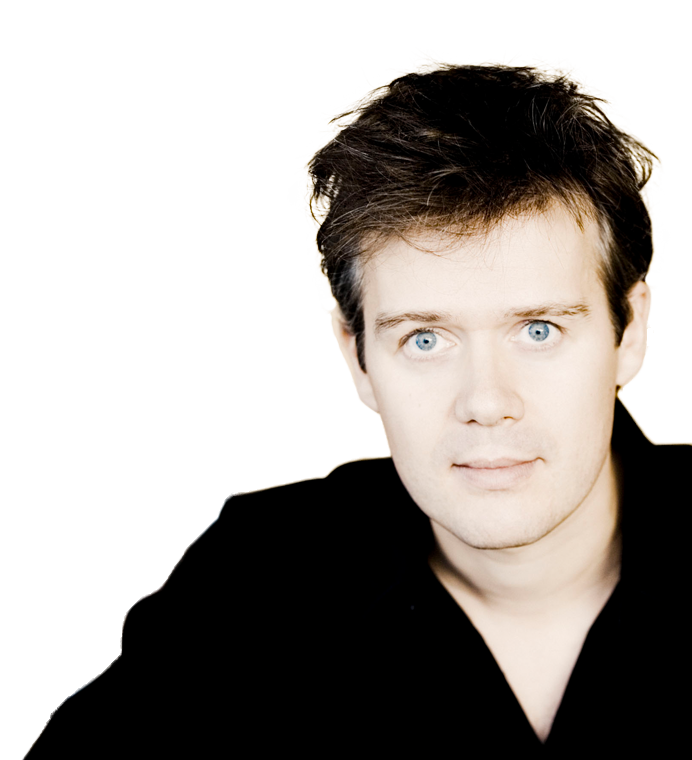Composers
Featured Composer
Michel van der Aa
World premiere staging of new film opera Theory of Flames at Dutch National Opera in Amsterdam (6 Mar)

World premiere staging of new film opera Theory of Flames at Dutch National Opera in Amsterdam (6 Mar)
